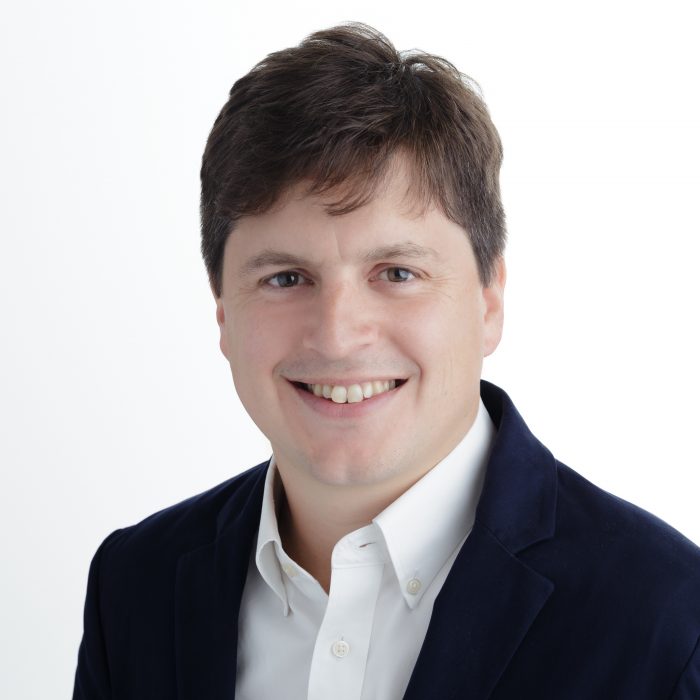We did an interview with Mariano Suarez-Battan, CEO of MURAL.
He has worked with many teams: in addition to building MURAL from the start to a successful startup company offering visual collaboration, he has designed games and helped to build Idea.me, one of the most successful crowdfunding companies in Latin America.
Both MURAL and Weekdone are a great help when building your team and working together. So give them a try to improve your own team’s performance.
In the interview, he told us about the importance of setting up a core team you trust: “When you hire great people they tend to think and work alike, especially techies.”
In addition to building teams, we talked about fundraising, remote teams and the difference between working in Latin America and USA.
You can read all his insights in this interview.

To start off, you’ve been a founder in many companies. What do you think are the key aspects in managing a company?
Having a clear and ambitious mission, with doable goals. I’m better at the former than the latter, so I surround myself with more realistic people. That said, the second part of my advice would be to set up a core team you trust and balances you.
MURAL currently has quite a big team. How did you get started and what principles do you follow when hiring new people?
We’re at 30 remote people now and we are working on formalizing our values to make sure we nurture our culture and don’t get bad apples. If I were to start again, I would have probably spent more time doing this exercise and it would have been very helpful.
Was it any different when working on Idea.me, one of the biggest crowdfunding sites in Latin America?
I had different experiences in the two companies because I wasn’t as heavily involved in the operations of Idea.me on a daily basis. The biggest learning I would say though is that it’s challenging as an entrepreneur to transition into the role of director, if you are used to a less hands on style of management.
What are the cultural differences between building teams in Latin America or USA?
When you hire great people they tend to think and work alike, especially techies.
That being said, thinking REALLY big is harder for Latin Americans than it is for Americans, and work-life balance is more important there. Americans are also more direct and need less personal connections to teammates.
When companies grow and more people are hired, what do you think is the Founder’s role in the company? How much should he try to do himself and how much should he delegate?
The founder’s role is reinforcing the ‘Why’. Remind people why we are doing what we are doing, what’s the customer problem we are solving and why it’s important. This will drive people and make them overachieve.
With my team, I make sure that we aim for the sky, push the limits to the impossible and celebrate accomplishments.
I also need to get oxygen for the company. Fundraising is a pain in the back but a much needed job to be done by the CEO.
Ideally then, you delegate the rest, provided that you’ve found the right people.
MURAL is designed to help remote teams. What’s your advice to people who think having remote workers is not worth the trouble?
If they can be together, then make it so. Even for remote teams, I would still advise them to get together as there is rapport and trust building that needs to happen before creative remote collaboration can go full speed.
The issue is that there are a lot of advantages of having people work from wherever. The main advantage being you can get the best people wherever they might be. In our case, we have a great product team in Argentina and we have our client-facing team in the US.
MURAL is great for in-person teams too, especially if you have a big touchscreen like the Microsoft Surface Hub (which becomes the focal point during team collaborations).
In early September, MURAL turned 4 years old. How has your thought process or goals changed over these years?
When we started, we had an initial hunch of what the market needed. We started building a prototype we thought was “cool,” which enabled creative teamwork to happen more efficiently in its early stages. In the end, we put out a product that had broader appeal than anticipated, being used for both personal and work-related projects, in all stages of development.
Then during our residency at IDEO, we iterated on customer development and found that global enterprises that wanted to collaborate like IDEO were the types of companies that we could help the most. We decided to focus on them first.
Once we had that North Star, it was easier to set goals and go for it.
What can we expect from you and your company in the next 4 years?
I will need to grow as a CEO. My job will change a lot, going from 30 to 100 to 500 people and maybe more.
As a company, we should become a key part in the Digital Workplace ecosystem. We will help millions of people that want to change things, and who aspire to be better design thinkers and agile collaborators.
What do you think the main challenges will be for running a company in 2020?
The main challenge would probably be figuring out how best to take advantage of AI – making your team super humans and having an unfair advantage versus the competitors.
You can learn more about MURAL on their homepage and you can try Weekdone out right in here.